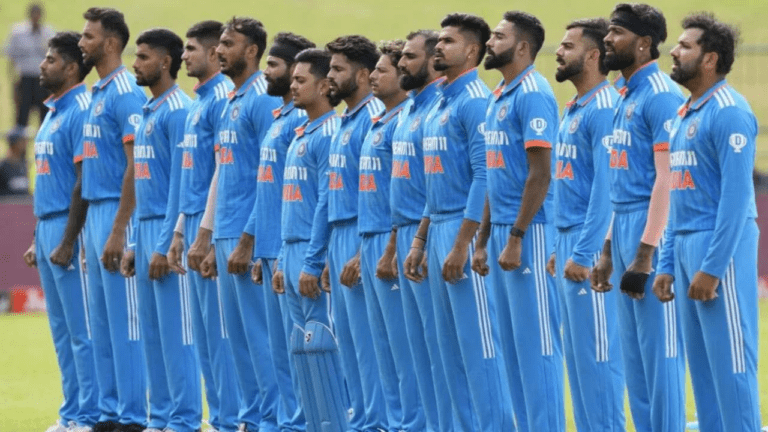The Economics of IPL: Assessing the League’s Financial Viability
99Exch, Gold: The Indian Premier League (IPL) is a professional Twenty20 cricket league in India. It was founded by the Board of Control for Cricket in India (BCCI) in 2008 and has since become one of the most popular and lucrative cricket leagues in the world. The IPL features franchise teams representing different cities and regions across India, with players from all around the globe participating in the league.
With its unique blend of cricketing talent, entertainment, and high stakes, the IPL has captivated audiences worldwide. The league has not only revolutionized the way cricket is played but has also redefined sports entertainment with its innovative format and star-studded lineups. The IPL has not just become a sporting event but a cultural phenomenon, bringing together fans from diverse backgrounds in a celebration of skill, passion, and camaraderie on the cricket field.
History and Evolution of the IPL Business Model
Over the years, the business model of the Indian Premier League (IPL) has witnessed significant changes and innovations. From its inception in 2008, the IPL has continuously evolved to become one of the most lucrative and successful cricket leagues in the world.
Initially, the IPL business model focused on franchise ownership, broadcasting rights, sponsorship deals, and ticket sales. However, with the advent of digital media and the expanding fan base, the league has embraced new revenue streams such as merchandise sales, fantasy cricket leagues, and digital content partnerships. This diversification has not only increased the financial viability of the IPL but has also enhanced its global reach and popularity among cricket enthusiasts worldwide.
What is the Indian Premier League (IPL)?
The Indian Premier League (IPL) is a professional Twenty20 cricket league in India, which was established in 2008.
How has the IPL business model evolved over the years?
The IPL business model has evolved significantly since its inception, with changes in team ownership, sponsorship deals, broadcasting rights, and revenue streams.
What are some key factors that have contributed to the success of the IPL business model?
Key factors that have contributed to the success of the IPL business model include the league’s star-studded player lineup, its innovative marketing strategies, and its ability to attract a large fan base.
How has the IPL influenced the business of cricket globally?
The IPL has set a new benchmark for cricket leagues around the world in terms of revenue generation, player salaries, and fan engagement, influencing the business of cricket globally.
What are some future trends that could impact the IPL business model?
Future trends that could impact the IPL business model include the rise of digital media, the expansion of the league to new markets, and the increasing competition from other cricket leagues.







